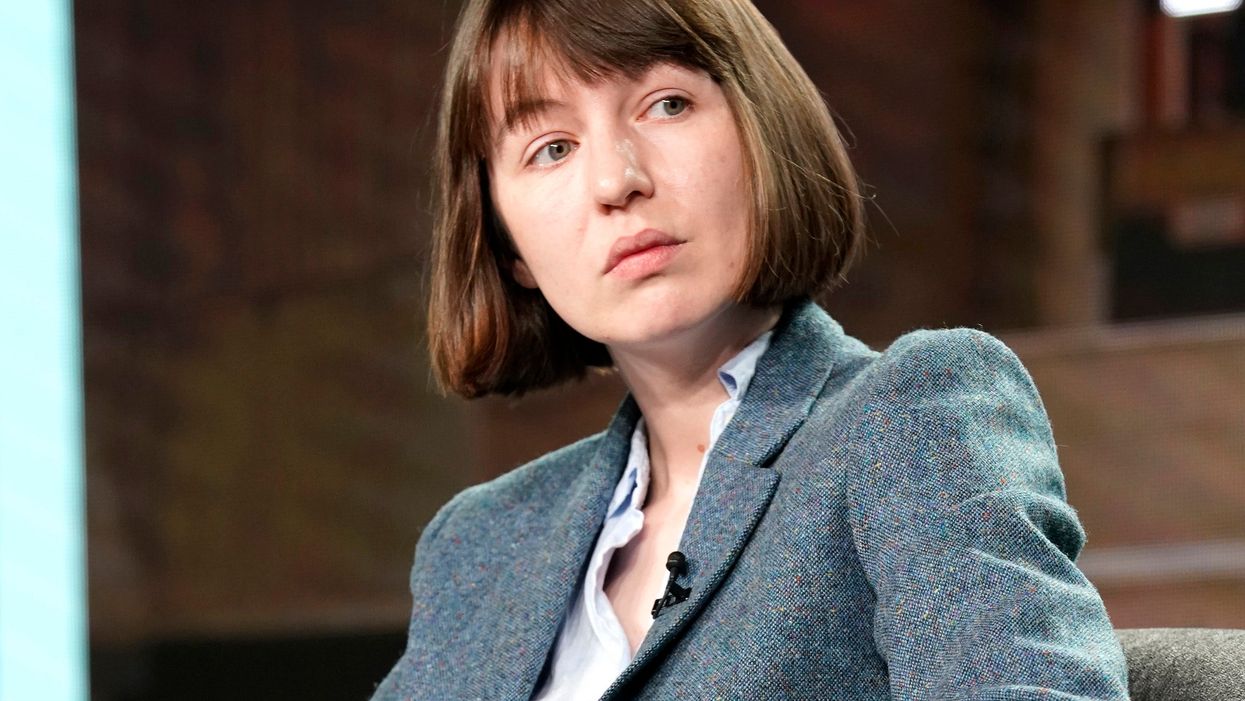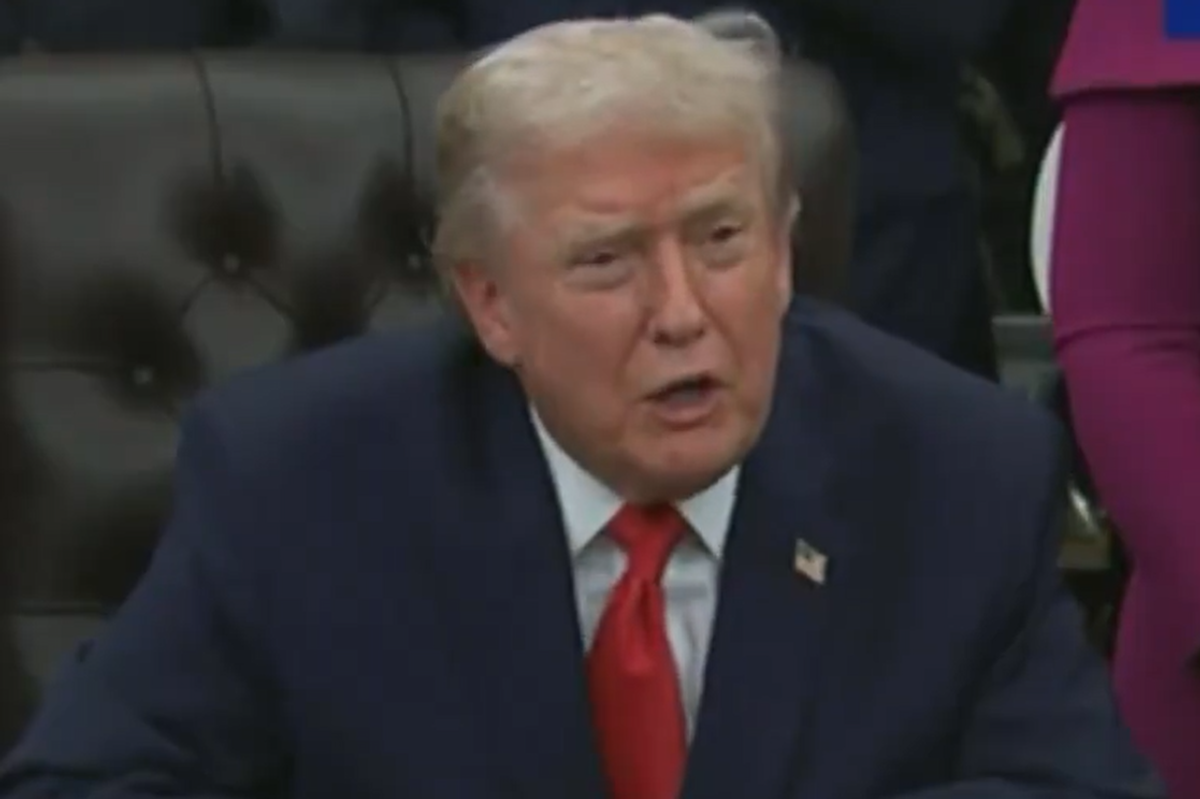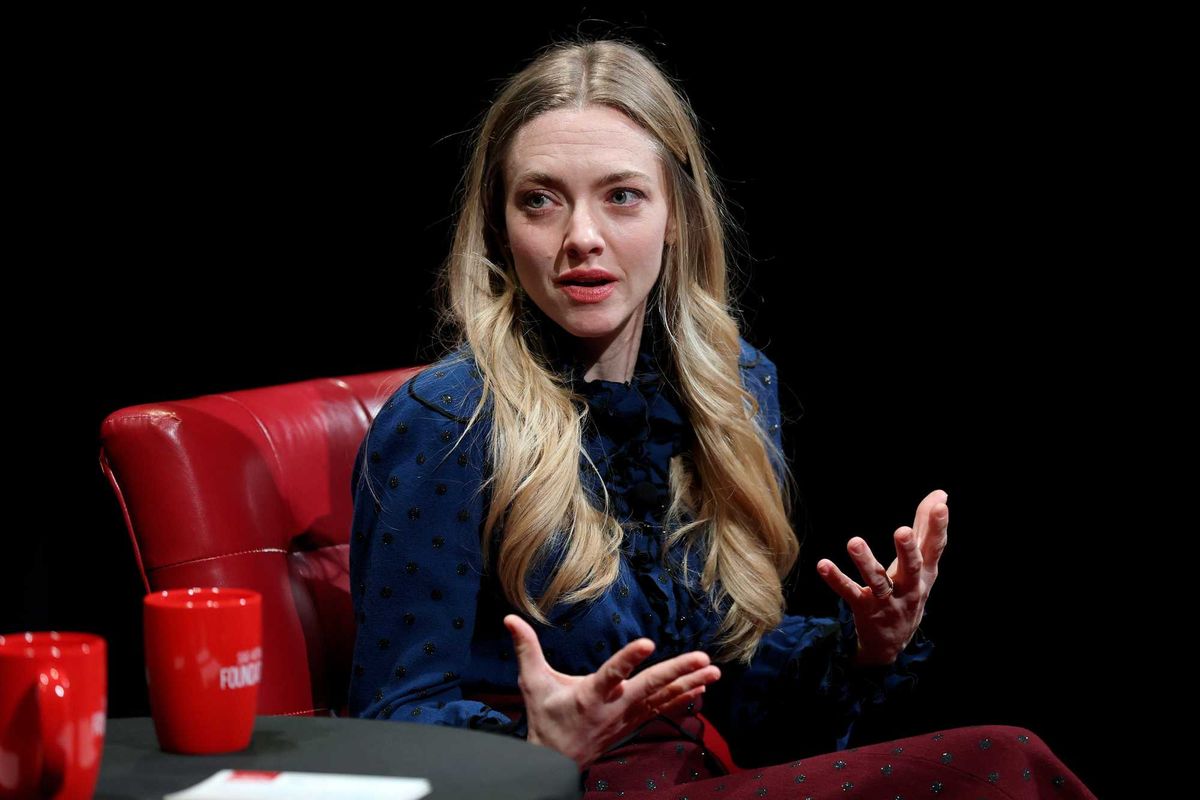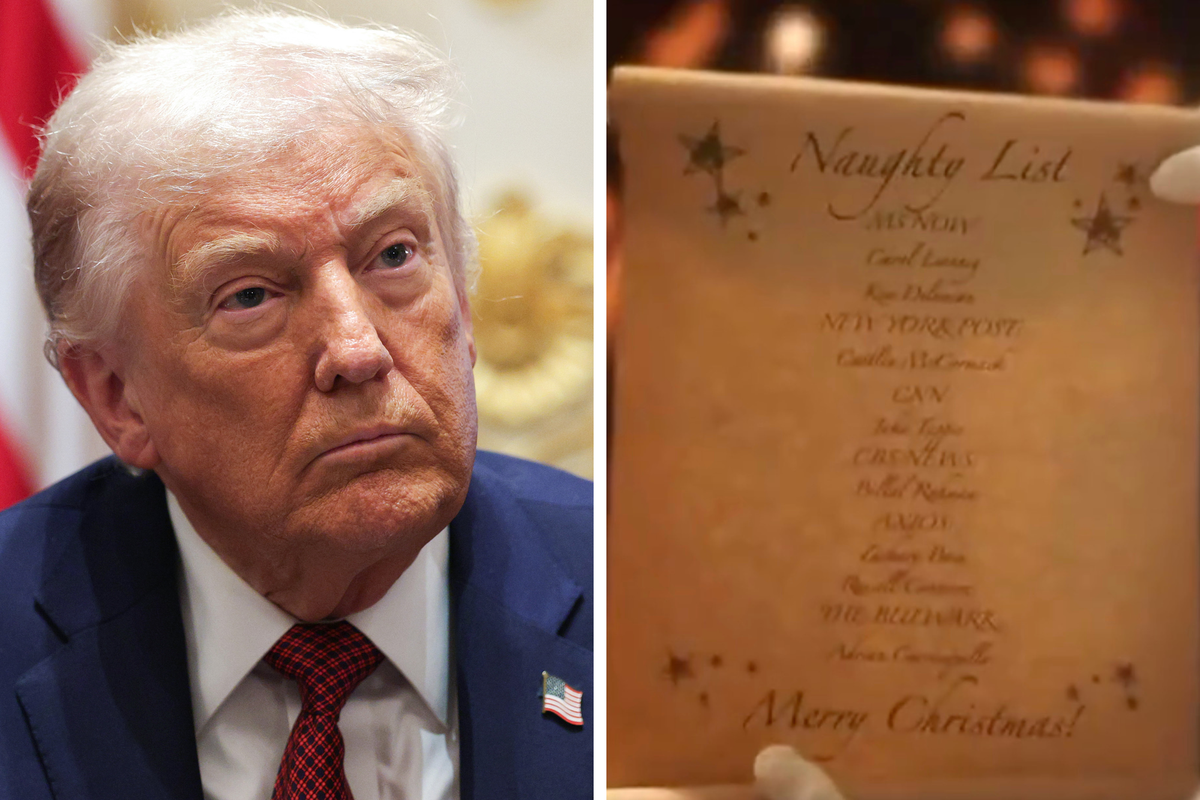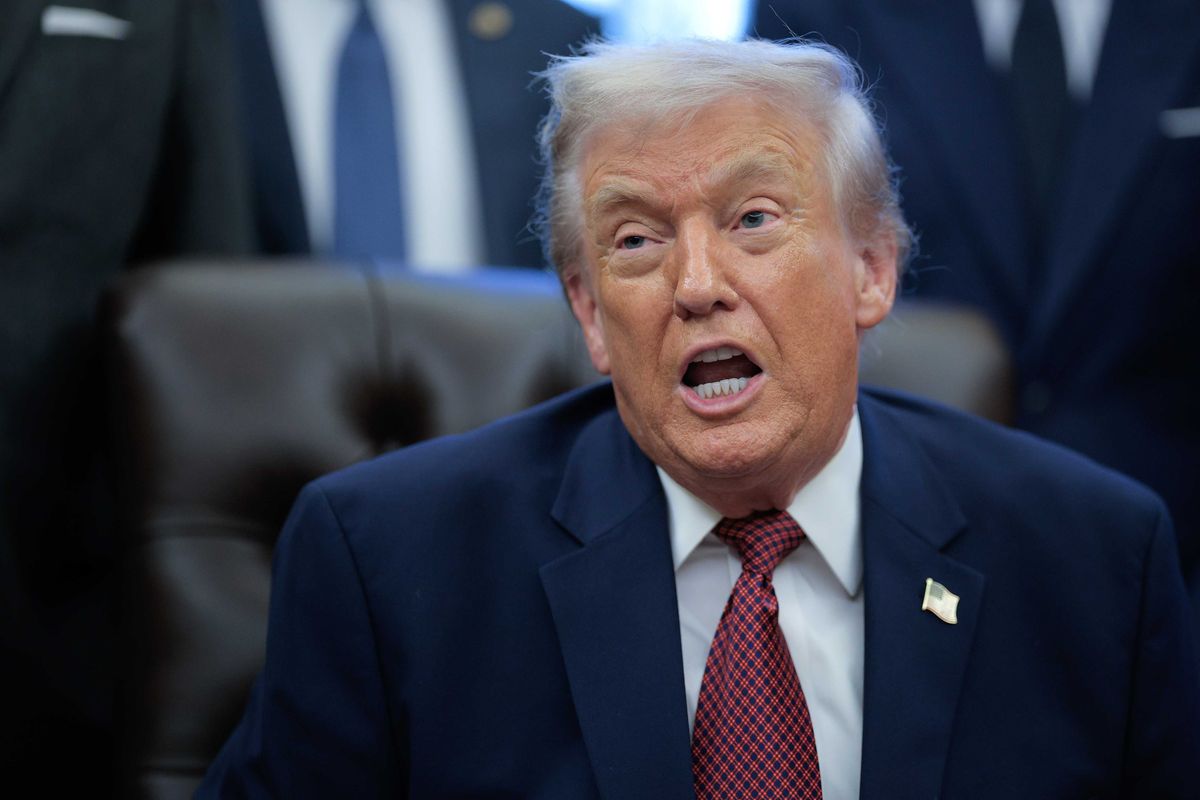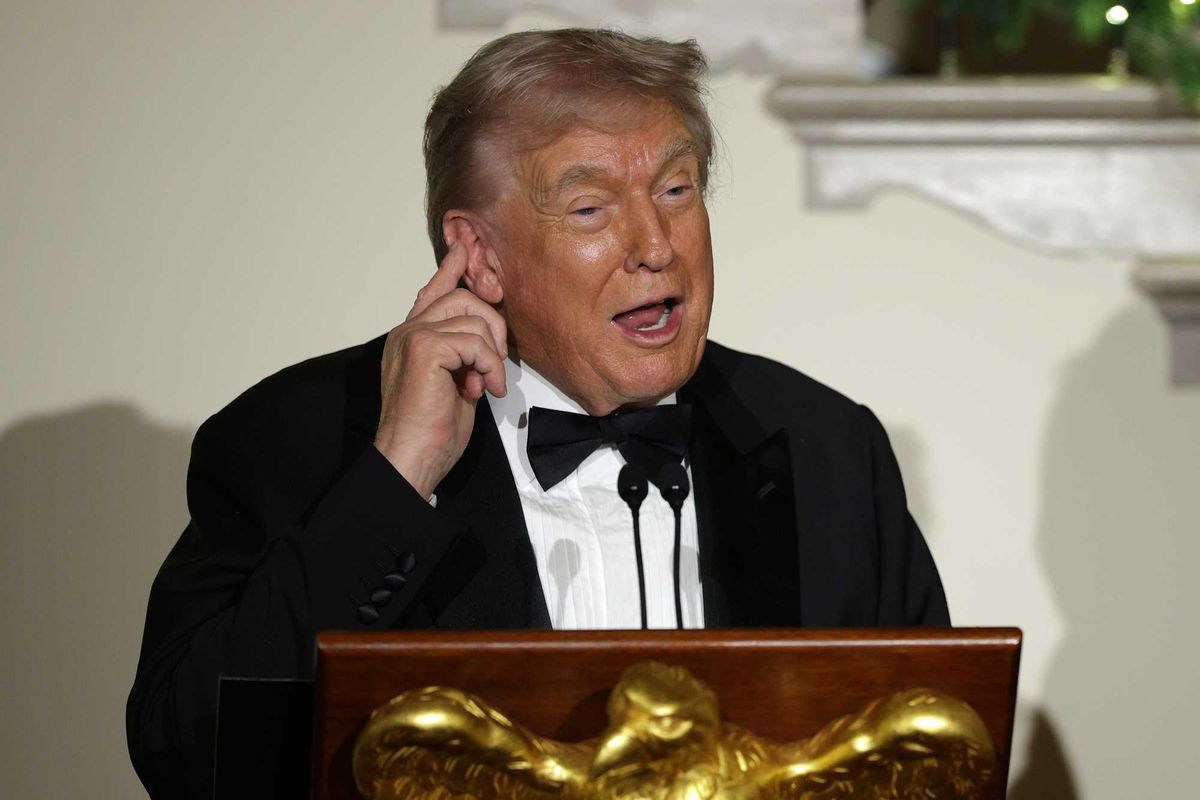Elaine McCallig
Oct 13, 2021
Novelist Sally Rooney refused to work with an Israeli publisher as a mark of solidarity with the people of Palestine.
The Irish author previously worked with the Israel-based publisher to translate Normal People and Conversations With Friends, but the publishing house this week revealed that she turned down their offer to translate her latest novel, Beautiful World, Where Are You, into Hebrew.
In a statement, she said the Hebrew-language translation rights to her new book are available, and would be “pleased and proud” to sell those rights in a way that is “compliant with the BDS movement’s institutional boycott guidelines.”
Although she said it would be an honour to see her new novel translated into Hebrew and be made available to Hebrew-language readers, she decided against selling these rights to “an Israeli company that does not publicly distance itself from apartheid and support the UN-stipulated rights of the Palestinian people.”
What is the BDS movement, and what has Rooney said about it?
Inspired by the South African anti-apartheid movement, Boycott, Divestment, Sanctions (BDS) was started in 2005 to put pressure on Israel in solidarity with Palestinians.
Amid accusations that Israel is engaging in apartheid, human rights violations, and settler colonialism, the movement calls on Israel to “end its occupation of Arab land”, dismantle the wall in the West Bank, recognise the “fundamental rights of the Arab-Palestinian citizens of Israel”, and “respect, protect, and promote” the rights of Palestinian refugees as laid out in UN Resolution 194.
The movement counts a number of high-profile figures amongst its supporters, including Archbishop Desmond Tutu, writer and filmmaker Naomi Klein, Pink Floyd’s Roger Waters, activist Angela Davis and academic Judith Butler.
In a statement, Rooney explained: “The Boycott, Divestments and Sanctions (BDS) movement is a Palestinian-led, anti-racist and nonviolent grassroots campaign calling for an economic and cultural boycott of complicit Israeli companies and institutions in response to the apartheid system and other grave human rights violations. It is modeled on the economic and cultural boycott that helped to end apartheid in South Africa.”
Rooney continued: “Of course, many states other than Israel are guilty of grievous human rights abuses. This was also true of South Africa during the campaign against apartheid there. In this particular case, I am responding to the call from Palestinian civil society, including all major Palestinian trade unions and writers’ unions.”
Sally Rooney full statement https://t.co/i92ZkTVN4i— Ben White (@Ben White) 1634038053
Rooney cited a 2021 Human Rights Watch report that accused Israel of committing apartheid and persecution - both of which are considered crimes against humanity. She also mentioned a report from B’Tselem, a prominent Israel-based rights group, which called Israel an “apartheid regime”.
How have people reacted?
The news of Rooney turning down the Israeli publisher was divisive.
Some praised the writer, saying her stance “sets the standard for other popular artists and writers.”
Others highlighted other recent stands, such as that of the Google and Amazon workers who penned an anonymous open letter in The Guardian condemning Project Nimbus.
The workers wrote: “We cannot look the other way, as the products we build are used to deny Palestinians their basic rights, force Palestinians out of their homes and attack Palestinians in the Gaza Strip – actions that have prompted war crime investigations by the international criminal court.”
More important than the Sally Rooney story is the 400 employees of Google and Amazon that signed a letter demanding… https://t.co/WBKPze5kn5— Lowkey (@Lowkey) 1634115137
Very impressed by Sally Rooney. She’s just 30 and had huge success already. She didn’t need to show solidarity with… https://t.co/oaJEKCzyfq— Matt Kennard (@Matt Kennard) 1634065030
Sally Rooney 💚— Zarah Sultana MP (@Zarah Sultana MP) 1634042173
Writing on Twitter, writer Ben Judah said it is “depressing and unpleasant that Sally Rooney won’t allow her new novel to be translated into Hebrew.”
Judah added: “I do not have a problem with boycotting the Israeli army, settlements or firms enmeshed in the occupation. These are legitimate political tools. But boycotting the Hebrew language — spoken by millions of Jews worldwide and Israelis of all stripes — leaves a bad taste in my mouth.”
Sally Rooney’s refusal to allow her new book be translated into Hebrew is book burning in another way.— Gerard Howlin (@Gerard Howlin) 1633973267
However others pointed out that focussing on the language missed the point:
Will there be an apology to Sally Rooney from those who defamed her yesterday? No. Because the story about her re… https://t.co/LnRb5Xpdtt— Ronan Burtenshaw (@Ronan Burtenshaw) 1634039720
Sally Rooney: I'm not going to work with this israeli publisher anymore The internet: Aha, you're boycotting the Hebrew Language itself!— keewa (@keewa) 1633978478
Beautiful World, Where Are You was released last month to much fanfare.
The 30-year-old has won numerous awards for her writing, including the Costa Book Award in 2018.
Top 100
The Conversation (0)
